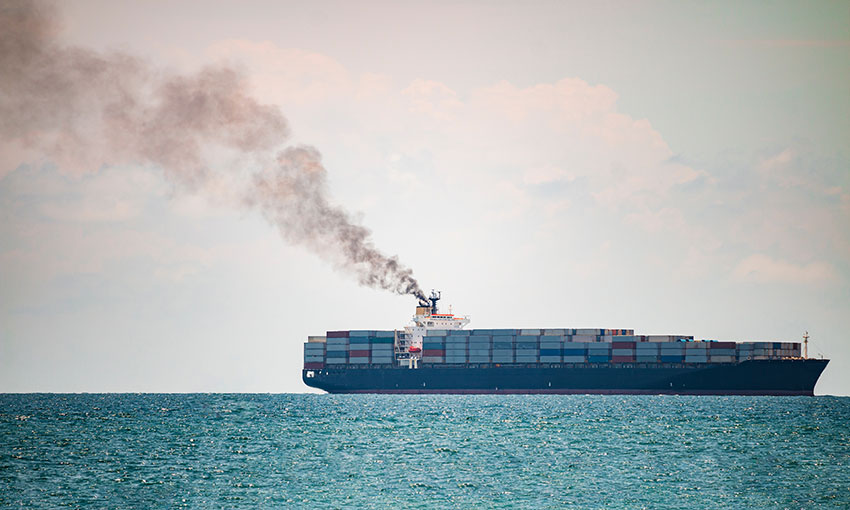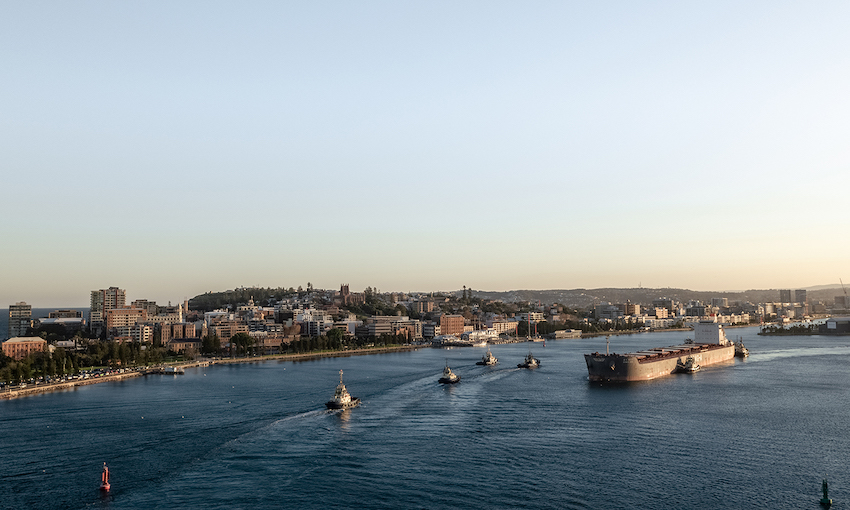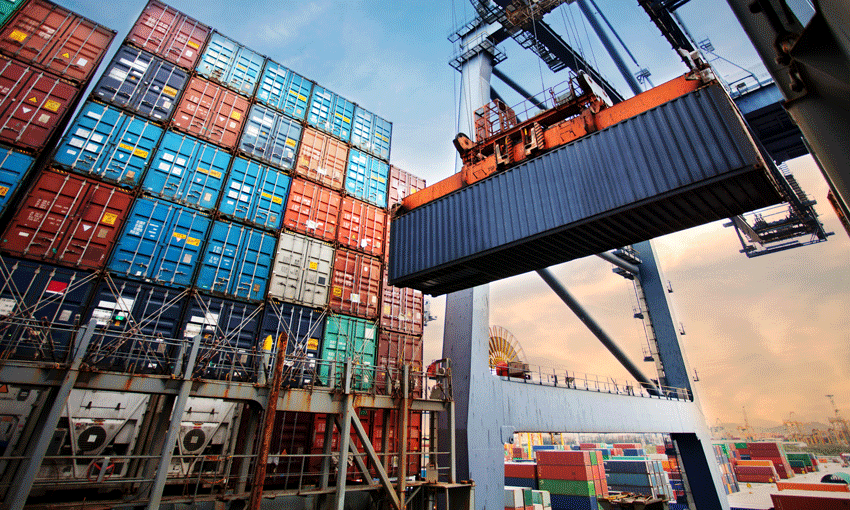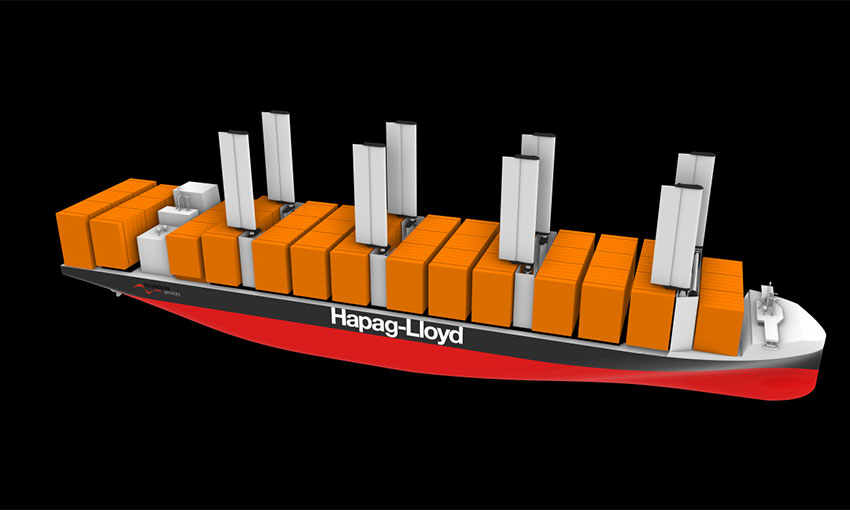A LOT has been written about whether shipping should be subject to a carbon tax. About 90% of the world trade is transported by global shipping and it accounts for nearly 3% of the world’s carbon dioxide emissions.
The European Commission recently proposed that shipping emissions should be added to the European Union carbon trading market. The commission’s proposals need to be negotiated and approved by a majority of EU countries and the European Parliament before they enter into force, a process that could take up to two years. The commission’s proposal is to levy 100% of ships trading within the EU and cover 50% of emissions from international voyages ending or starting within the EU.
Shipping is one of the most difficult sectors to decarbonise and industry groups cite a lack of commercially viable technologies. EU data show that, if shipping was part of the EU’s emissions trading system, MSC, whilst reducing carbon emissions in 2020 by about 3% compared to 2019, would be ranked the sixth biggest EU carbon emitter, overtaking some coal-fired power plants. MSC refuted the claim stating that the raw data should be put in the context of the amount of cargo carried. MSC and Shell International Petroleum Company have also recently signed a memorandum of understanding to decarbonise shipping, exploring opportunities to use LNG in MSC’s fleet, and progressing to synthetic or bioLNG, through to methanol and hydrogen derived fuels.
Maersk said it would launch a carbon-neutral liner vessel in 2023 – seven years ahead of its initial 2030 ambition. CMA CGM, and others, have launched LNG-fuelled container vessels which, while still using fossil-based fuels, have substantially less emissions than the heavy fuel currently used by most vessels.
Several shipping companies are in the process of designing and building zero emissions vessels. Finnish technology group Wärtsilä has recently completed full-scale engine tests using hydrogen and ammonia fuel. The company described the results as “very encouraging”. Tests using pure hydrogen were also completed successfully on another engine. For the energy market, Wärtsilä is hoping to have an engine and plant concept for pure hydrogen operation ready by 2025, while in the marine market it expects to have an engine running on an ammonia blend by the end of this year. An engine concept with pure ammonia fuel is also planned for 2023.
The International Maritime Organization is co-ordinating measures to curb emissions among its more than 170 members. The IMO has spent the last decade adopting a series of mandatory regulations to improve the energy efficiency of ships as part of carbon cutting efforts. It aims to halve maritime emissions by 2050 from 2008 levels. That falls short of the EU’s plan to eliminate its economy-wide net emissions by then, a goal scientists say the world must meet to avoid the worst impact of climate change. Moreover, the IMO target has been faced with fierce criticism from environmental organisations as too weak and unambitious.
The International Chamber of Shipping has stated that several trade groups, representing more than 90% of the world’s merchant fleet, have submitted a proposal to shipping’s United Nations regulator asking to prioritise a carbon tax for the industry. Guy Platten, ICS secretary general, has described the EU proposal, to include shipping in the carbon trading market as a revenue-raising exercise, which will greatly upset the EU’s trading partners.
“It cannot be equitable for non-EU shipping companies to be forced to pay billions of euros to support EU economic recovery plans, particularly under a scheme that undermines carbon dioxide negotiations,” Mr Platten said.
Shipping is still the most energy efficient method of transporting large volumes of goods over long distances; however, businesses (and their customers) are placing more and more emphasis on the environmental impact of shipping. Shipping needs to pay its fair share to move to net zero emissions by 2050, whether it be through a carbon trading market or other means. Let’s hope that an increased availability and uptake of new technologies by shipping lines will assist in reducing emissions of their vessels to minimise the impact on the environment sooner rather than later.
Peter van Duyn is a maritime logistics expert at the Centre for Supply Chain and Logistics, Deakin University.




